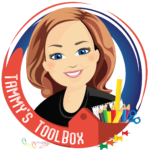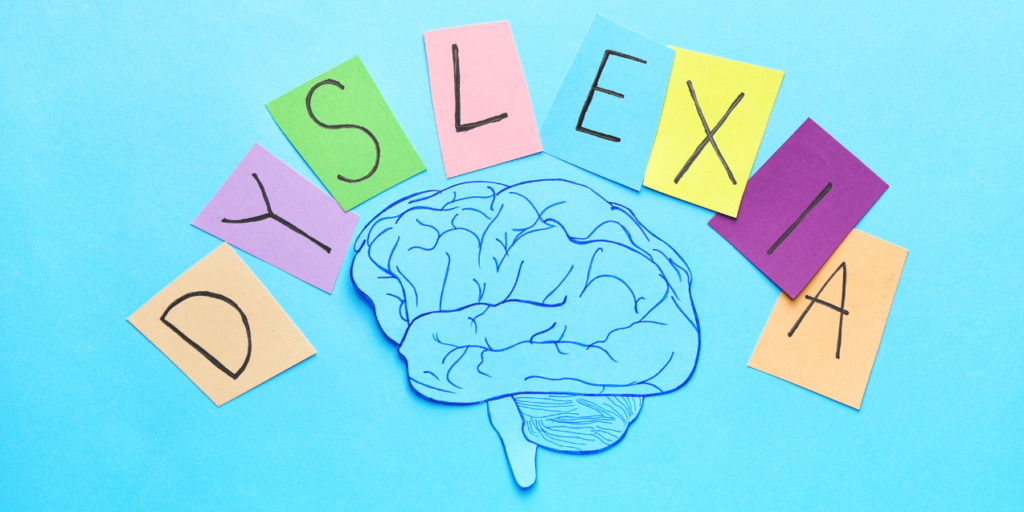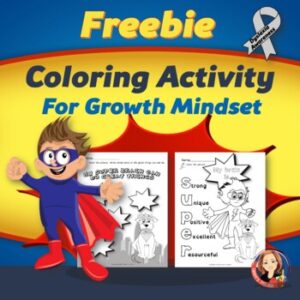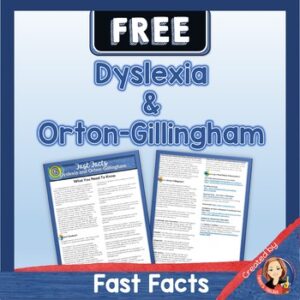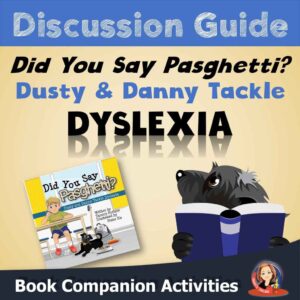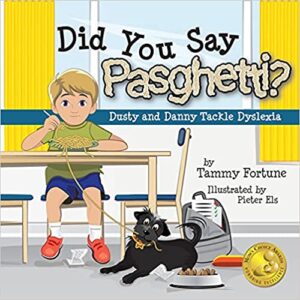What is Dyslexia? Myths and Answers
Dyslexia. We’ve all heard of it, but what is it really? Many people think dyslexia is just a difficulty with reading, but it’s so much more than that. Dyslexia can affect almost every area of a person’s life. So what is dyslexia, and how can teachers help students with this learning disability? October is dyslexia month, so I thought it was the perfect time to answer those questions and dispel some of the myths associated with this condition.
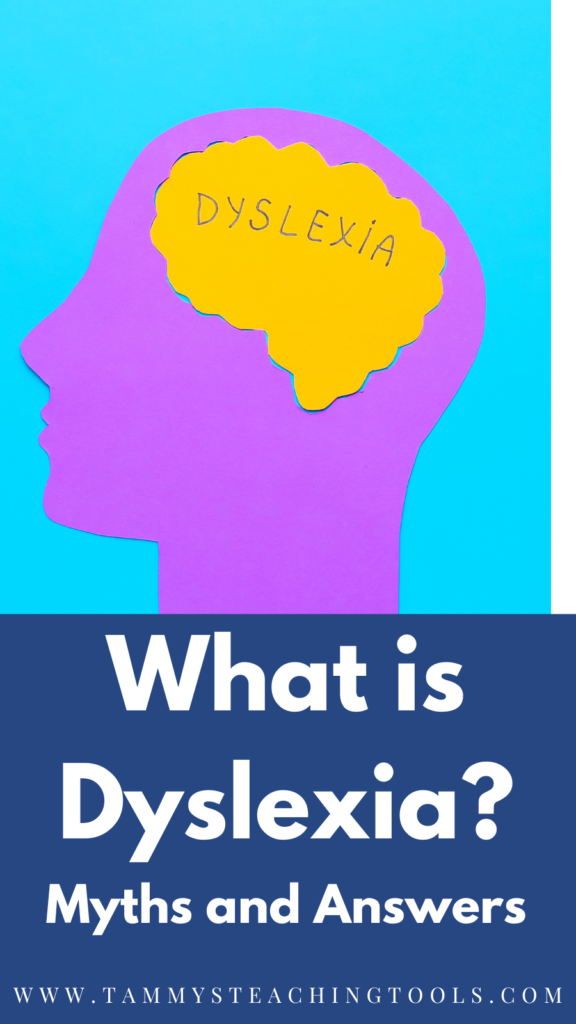
What is Dyslexia?
Dyslexia is a learning disability that affects reading skills. It can make it difficult to read, spell, and write.
Dyslexia occurs when there is a mismatch between a person’s abilities and how their brain processes information. People with dyslexia often struggle with phonemic awareness, phonology, and word decoding skills. This can make it difficult for them to read accurately and fluently. Dyslexia occurs in people of all intelligence levels and from all walks of life. Some famous people with dyslexia include Albert Einstein, Alexander Graham Bell, Leonardo da Vinci, Winston Churchill, and actor Tom Cruise.
How is Dyslexia Diagnosed?
There is no single test that can diagnose dyslexia. A comprehensive evaluation usually includes a review of the person’s medical history, an assessment of reading skills, an evaluation of intelligence quotient (IQ), and a hearing test. The diagnosis of dyslexia may also involve input from teachers, parents, and other professionals who know the individual well.
How is Dyslexia Treated?
Most people with dyslexia require specialized instruction and accommodations in order to improve their reading skills. Treatment for dyslexia may include one-to-one tutoring, small group instruction, use of assistive technology, accommodations in the classroom (such as extra time for tests), and changes in how information is presented (such as using pictorial rather than textual materials).
Dyslexia Myths
Despite its prevalence, dyslexia is often misunderstood. Let’s look at some of the most common myths about dyslexia.
Myth #1: Dyslexia only affects reading skills.
While it’s true that dyslexia can make reading more difficult, it can also impact other areas of language skills, such as writing and speaking. People with dyslexia often have trouble with phonemic awareness, which is the ability to hear, identify, and manipulate individual sounds in spoken words. This can make it hard to read accurately and fluently. It can also affect spelling and writing.
Myth #2: Only kids can have dyslexia.
Dyslexia is a lifelong condition that can impact people of any age. While it is often first diagnosed in childhood, dyslexia can affect adults as well. If you suspect that you or someone you know might have dyslexia, don’t hesitate to reach out to a healthcare professional for an evaluation.
Myth #3: People with dyslexia see words backward.
This is one of the most common myths about dyslexia—but it’s simply not true! People with dyslexia do not see words backwards. However, they may have trouble processing and understanding letter order when decoding words. As a result, they may read slowly or make errors when reading aloud.
So how can you support someone with dyslexia? One of the best things you can do is provide accommodations and assistive technologies that can help level the playing field. Some accommodations that may be helpful include extra time for tests and assignments, using spell check/grammar checkers, listening to audiobooks, and using text-to-speech apps. If you’re a teacher, you can also create a positive classroom environment that is inclusive of all students’ needs and abilities. For more tips on how to support someone with dyslexia, check out this blog post from Understood.org.
Resources
15 Books About Dyslexia for Kids
Dyslexia Awareness Month Resources
25 Dyslexia Resources for Parents and Teachers
What you need to Know About Dyslexia and Orton-Gillingham Instruction
Check out this book for kids:
Parents who want to teach kids more about learning disabilities, fostering an atmosphere of acceptance, problem-solving, and understanding will find Did You Say Pasghetti? just the ticket for an educational conversation, whether it’s with a child newly diagnosed with learning challenges or a peer who needs to develop empathy. – Midwest Book Review, D. Donovan, Senior Reviewer
Did You Say Pasghetti? Dusty and Danny Tackle Dyslexia has been named among the best in family-friendly media, products and services by the Mom’s Choice Awards® This book is the recipient of eight children’s book awards including a first-place award Purple Dragonfly Book Award for School Issues and a Second Place Purple Dragonfly Award for Special Needs/Disability Awareness.
► Find out more about Did You Say Pasghetti? at DustytheDog.com
It’s time to spread dyslexia awareness. Get educated and share with others.


